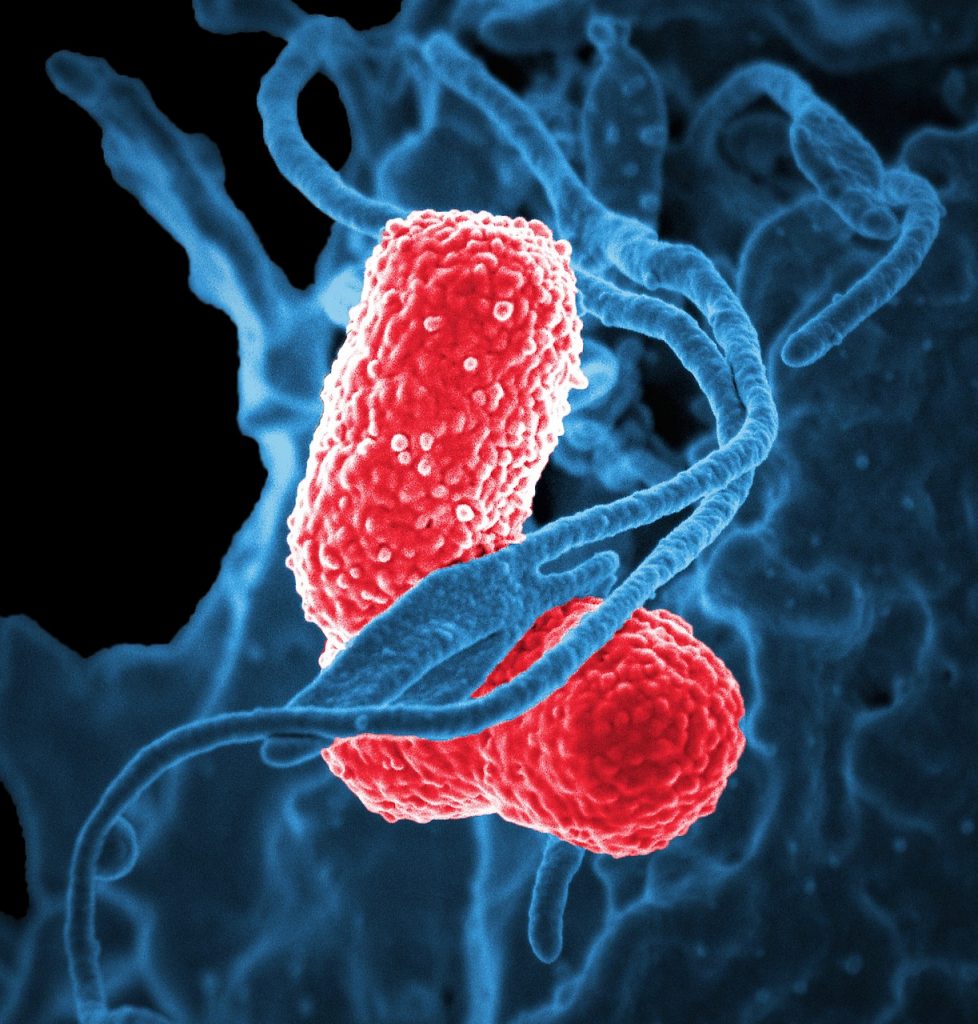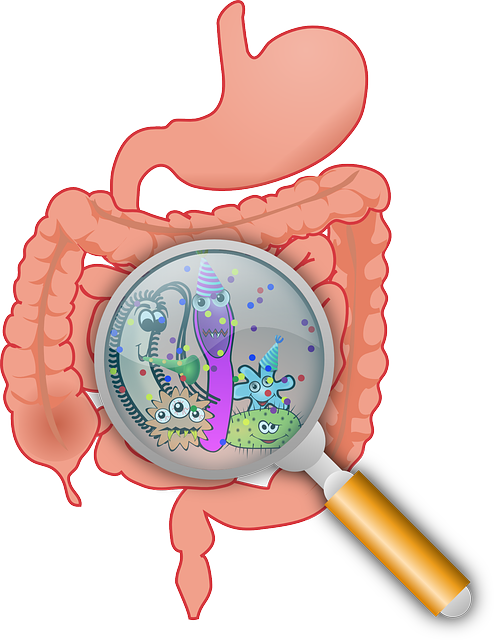New research finds interesting associations between intestinal bacterial diversity and personality traits, such as sociability and neuroticism. The findings also draw attention to the potential benefits of eating pre-rich foods and probiotics.

“There has been increasing research linking the gut microbiome to the brain and behavior, known as the microbiome-gut-brain axis.”
“Most research has been done on animals, while human studies have focused on the role of the gut microbiome in neuropsychiatric conditions.”
“By contrast, the key interest was to look at the general population to see how the variation in the types of bacteria living in the gut may be related to personality.”
To this end, fecal samples were collected from 655 adults, 71% of whom were female and 29% were male, with an average age of 42 years. Scientists used 16S rRNA gene sequencing analysis to examine the abundance of specific bacterial genera.
The study consisted of asking participants to answer a comprehensive study questionnaire asking about their behavior, health, lifestyle, and sociodemographic factors.
A series of statistical analyses were conducted, which helped determine the relationship between the composition of gut bacteria and behavioral traits such as sociability and neuroticism.

Intestinal bacteria and five personality traits.
More specifically, the international set of personality elements, consisting of 50 elements, was investigated to evaluate personality traits based on the “five-factor personality model”.
This model suggests that differences in personality are grouped into five main domains, or the “Big Five”:
- extraversion, or the “propensity to seek and enjoy the company of others”
- defined as “trust and cooperation in social interactions”
- awareness, or “attention to detail and focus”
- neuroticism, that is, the “tendency to feel negative emotions”
- openness, which researchers have described as “creativity, intellectual curiosity and willingness to seek new experiences”
- Johnson applied multiple regression analysis of bacterial taxa and adjusted the key variables that scientists know influence the composition of gut bacteria, and that might otherwise have confused the results.
These variables were sex, age, body mass index (BMI), mode of delivery, infant feeding method, use of oral antibiotics in the last 6 months, intestinal conditions and use of probiotic supplements.
The importance of nutrition
In addition, an intercorrelation analysis “revealed that people who ate more foods with probiotics or natural prebiotics had significantly lower levels of anxiety, stress and neuroticism and were also less pron[desarrollar]e to mental illness.”
However, the researcher did not find the same correlation with probiotics or prebiotics in supplement form.
Natural sources of probiotics include fermented cheese, sauerkraut, kimchi and natural sources of prebiotics include bananas, legumes, whole grains, asparagus, onion and leek.
Another intriguing finding was that people who had been fed formula when they were babies had a less diverse gut microbiome.
“All of these factors can influence the gut microbiome and, therefore, may be affecting our behavior and psychological well-being in currently unknown ways.”
The scientist, however, also recognizes a limitation of her research.








